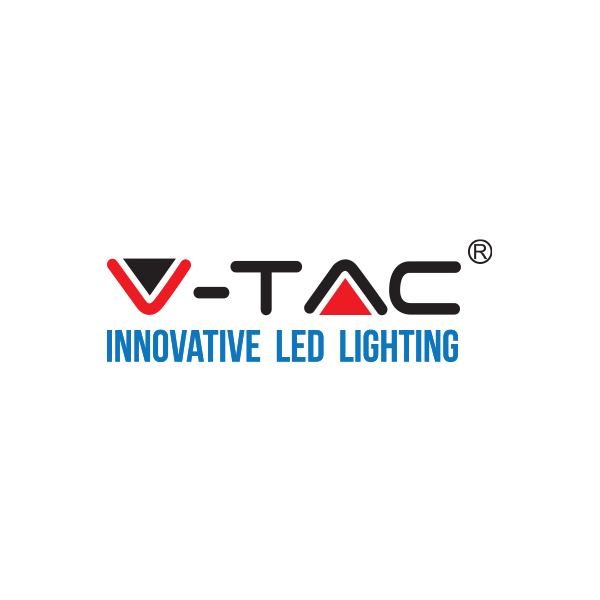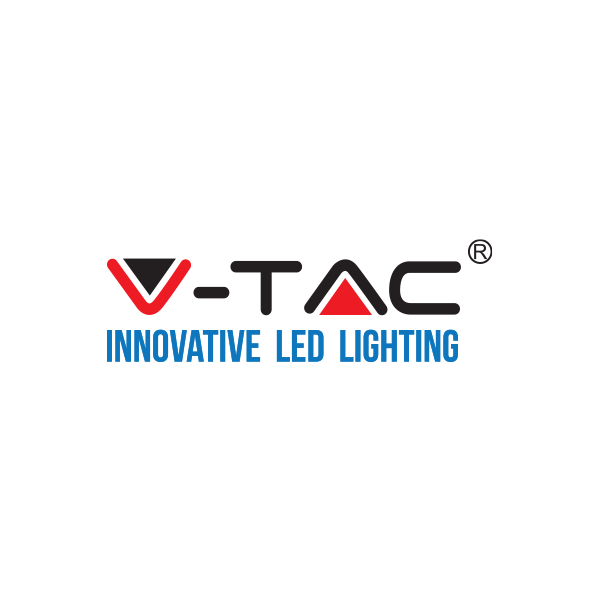
Life on earth evolved in day and night cycles as both plants and animals have a biological clock that controls the circadian rhythms. Today though, our increasing reliance on artificial lighting is adversely affecting that crucial rhythm.
For close to a century, incandescent lighting served the world well. Easy to produce and dispose of, they had a perfect CRI score of 100. But they kicked off a serious problem. In the 1990s, scientists blamed electric lighting for changing our sleep schedules from a natural 4-hour phase with an hour of wakefulness in-between to a single eight-hour phase every night. Incandescent lighting was also energy-hungry and vastly contributed to global warming.

Today, 90% of our day is spent indoors watching TV, using our smartphones, or working. These devices have a lot of blue light that our systems are very sensitive to. Researchers have linked high levels of blue light with an increase in diabetes, retinal degeneration disease, and cancer.
The negative health effects are already evident. One billion people suffer from Vitamin D deficiency while seasonal affective disorder - a type of depression that can occur in winter when there is less natural daylight - is rising. Shift workers face increased risks of cancer, obesity, and sleep problems.
Well designed lighting can go a long way in mitigating most of these problems. For instance, light trespassing into bedrooms can be reduced by the use of outdoor luminaires that shine light upwards or use shields to block stray light rays. Outdoor garden lights can be dimmed using intelligent control systems and wireless networks of motion sensors.

It is recommended that indoor spaces use warm white LEDs in the evenings with a colour temperature of 3000K or lower - and as little blue light as possible. At night, there should be no exposure to light or light should be limited to 600 nm. It is crucial that light is in-direct (to avoid glare), is flicker-free and has the ability to dim.
Interested in lighting up your space? Get in touch with V-TAC today.
